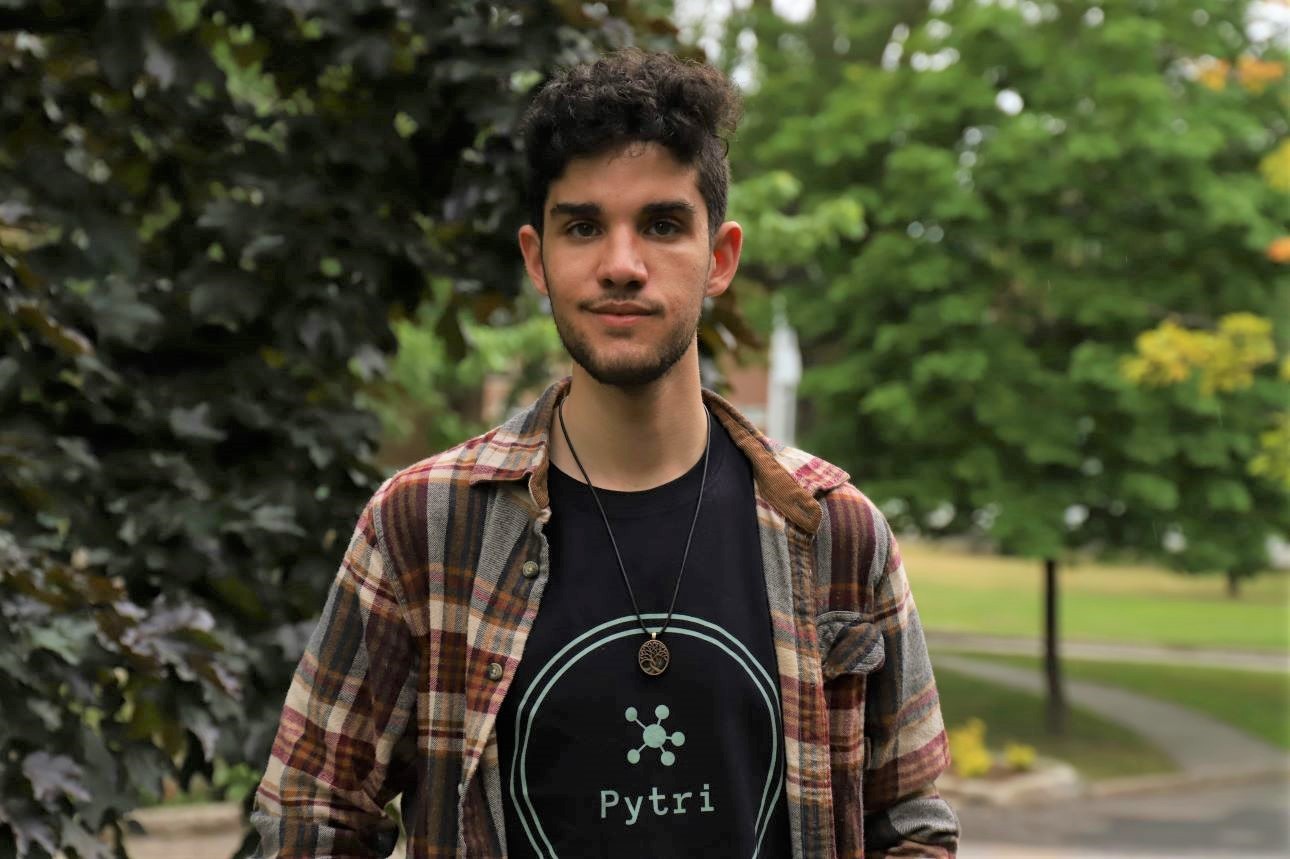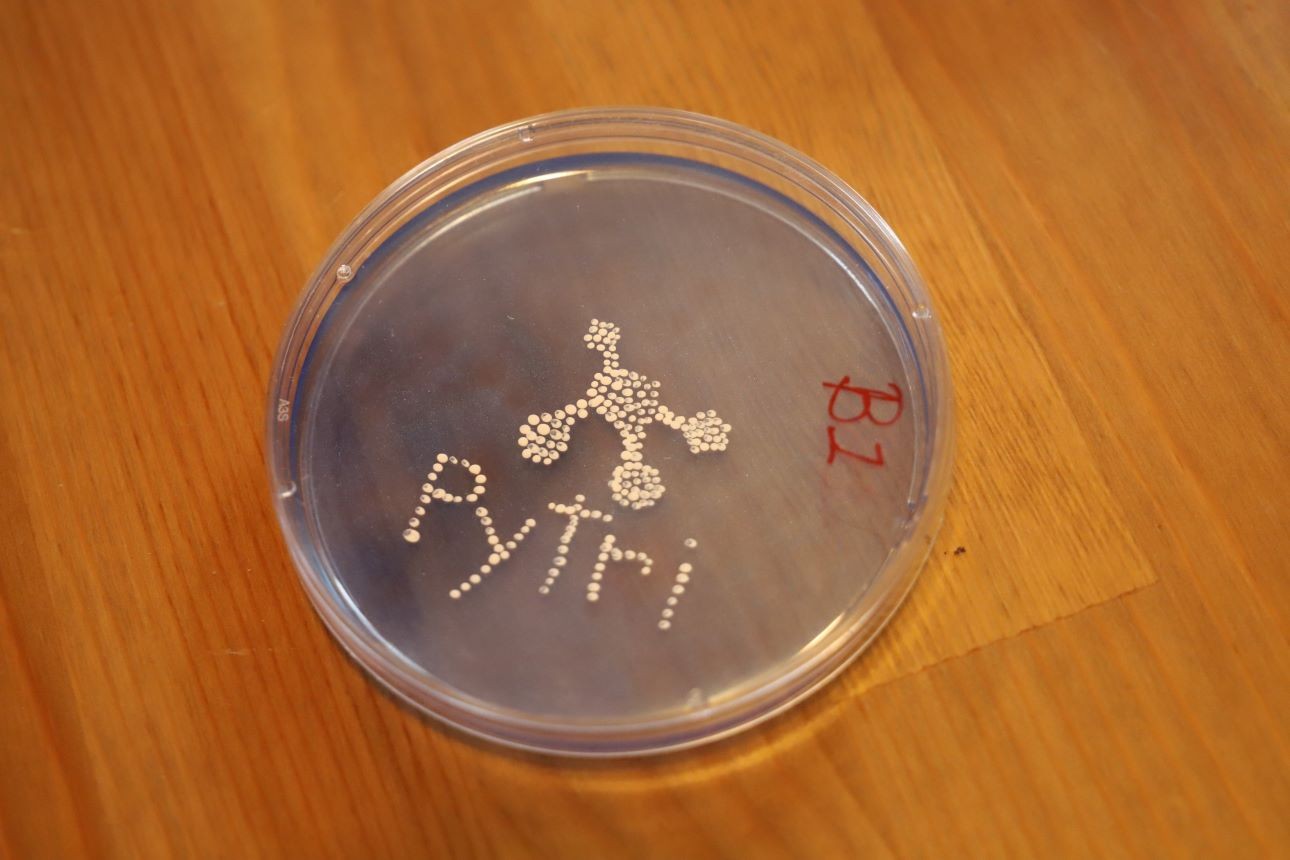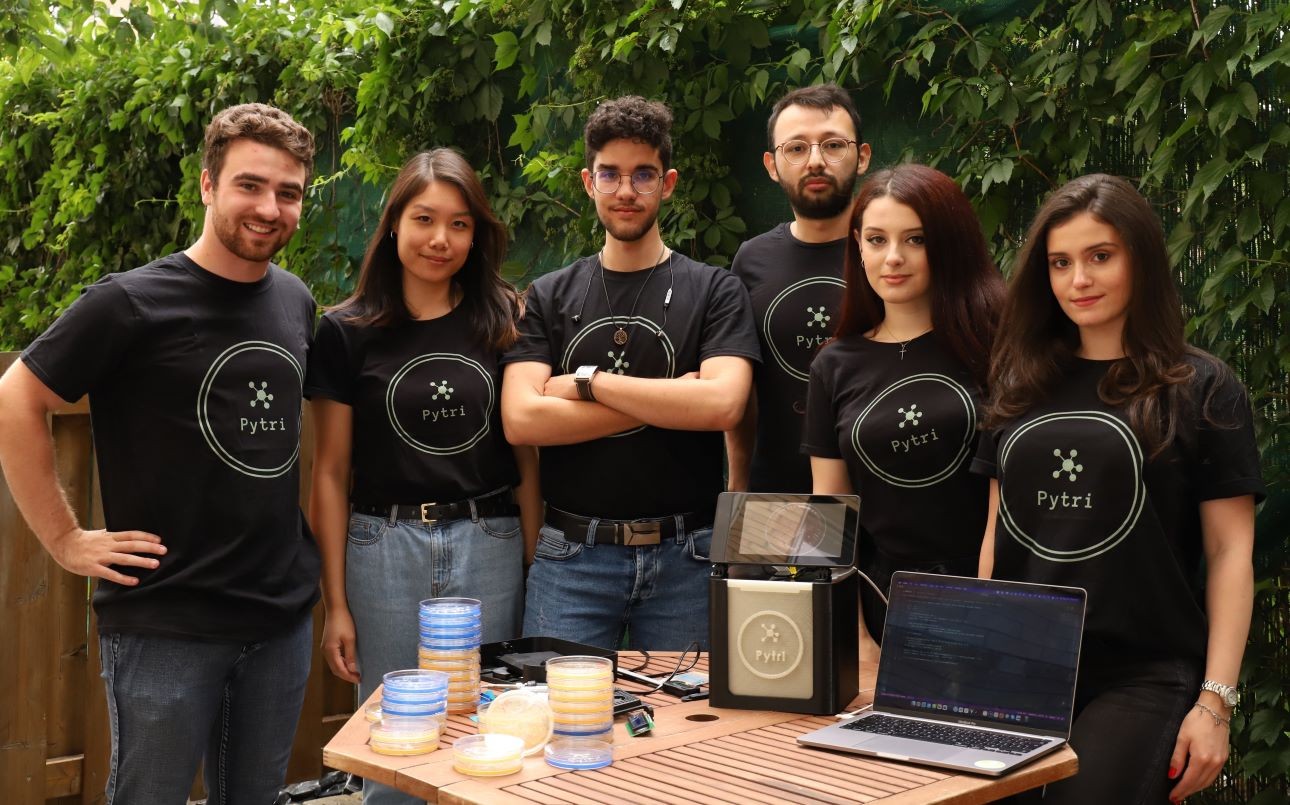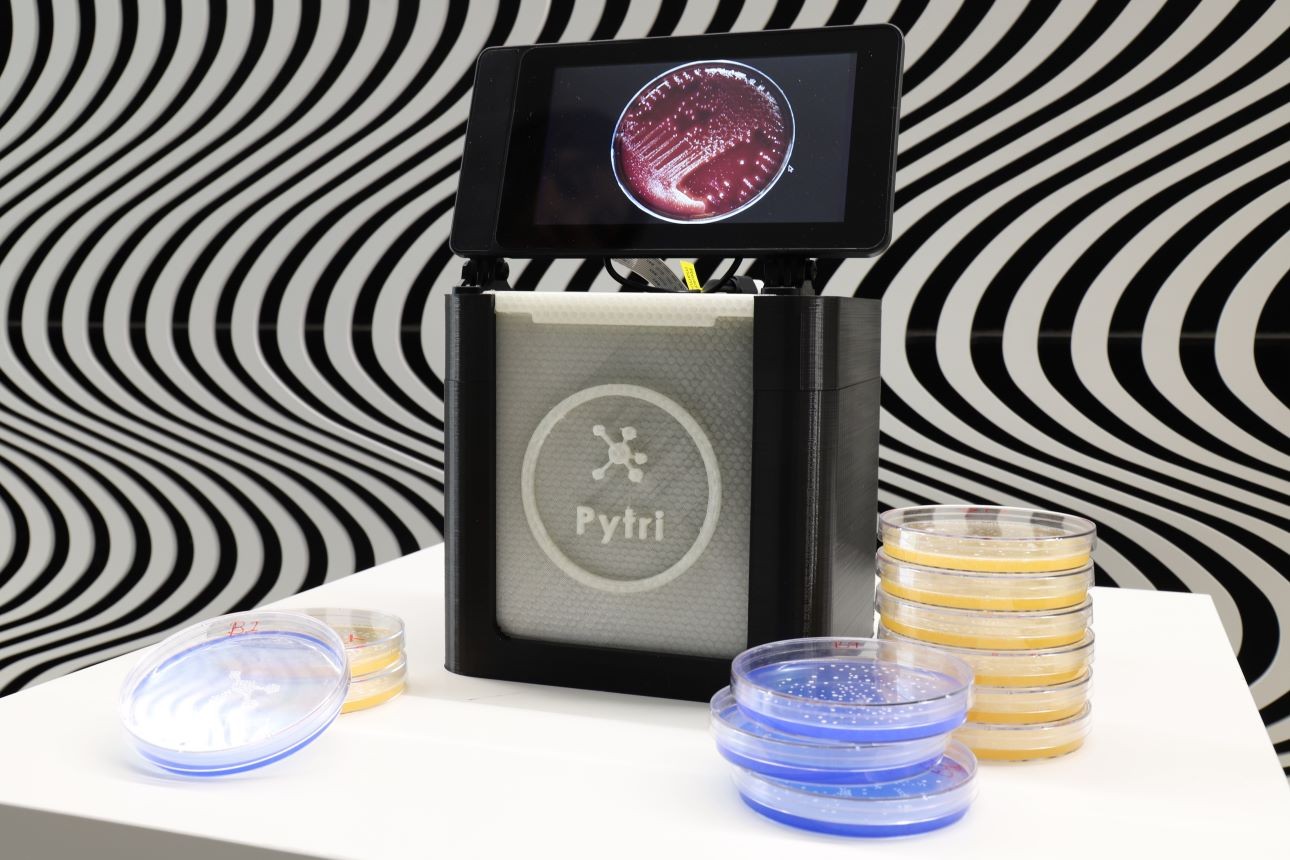Ali Mehdi
"I'm developing an automated cell counting system with the aid of neural networks."

Ali obtained his B.Sc. from the Department of Biology. He founded the artificial intelligence initiative Pytri. With a team of dedicated undergraduate and graduate students, he built a platform to analyse biological imagery. The project received numerous grants, and is being integrated into laboratories across Canada.
 Pytri presented on a petri dish
Pytri presented on a petri dish
Counting colonies is traditionally done manually. Scientists overlay a grid on a petri dish and count cell occurrences in each grid, then sum up the result. However, this procedure is tedious and can result in erroneous counts, taking over a large part of data collection. The idea behind Pytri came to Ali while volunteering in a molecular biology laboratory at Concordia. It emerged from the lack of efficiency in analysis equipment; more specificall, the tools used to count cell colonies.
"I decided there was bound to be an easier way, and so I sought out to develop my own automated cell counting system. The initial system was fine-tuned to work in our lab, but lacked the ability to be used in other environments. This is where artificial neural networks come into play. A neural network is able to discern and learn from its environment, thus determining what a cell colony 'looks like' in different settings. I expanded the project from a small application in a laboratory, to something that involved people with similar passions."
 Members of the Pytri Team
Members of the Pytri Team
"I started recruiting other undergraduate and graduate students from diverse fields, from neuroscience to engineering, and brought the project to a wider audience. We studied current laboratory equipment and tried integrating artificial intelligence into its functionality, bringing it into the modern era of big data and large-scale processing."
Along the way, our team’s interests in neural networks motivated us to share the project with the larger Concordian community by hosting a series of workshops and seminars on artificial intelligence. Then, we realized that we needed funding to continue our work. We applied to various grants and received five, from student unions to the Dean’s Office. The Experiential Learning grant provided us with the proper tools to build a project roadmap and face our obstacles in an orderly and efficient manner.

The first chapter of the project began with collecting data from institutes and laboratories to train the network and develop a prototype using different materials. We also grew yeast cultures in the team’s homes due to COVID-19 workspace constraints. The collaborative experience was challenging during the pandemic, but interest in the community began to pick up. Pytri was first offered as a service to laboratories at Concordia, with the team analysing data for the Genome Foundry. Subsequent outreach resulted in data analysis for five research laboratories across Canada.
Throughout the project, the team has improved their knowledge on AI networks, in addition to their scientific communication and outreach skills. They aim to build an environment where interested undergraduates can work on hands-on projects without the need for a research supervisor, which proved to be more difficult than originally anticipated. Innovating in a global pandemic has been challenging at times, with distanced collaboration making it hard to exchange and find tools that serve the team efficiently. "Our story of success, despite the conditions, is something that captivates any researcher we approach: the raw passion that the team has for creating something of value for the scientific community."
I would like to offer a special thanks to every member of the Pytri initiative, whom you can find out more about at www.pytri.ca, in addition to Dr. Eric Pedersen for his support and statistical input.
This article was written by Farah Mutahhara.